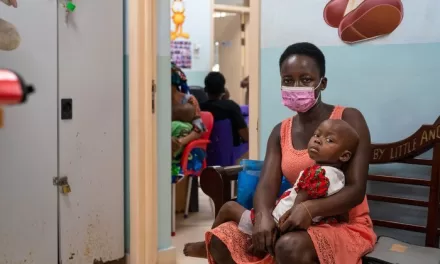
A new COVID subvariant, JN.1, linked to Pirola or BA.2.86, has emerged in Kerala, India, after evading surveillance efforts for weeks. INSACOG confirmed its presence, raising concerns about its potential impact on the escalating cases, especially in Kerala. Dr. Rajeev Jayadevan, co-chair of the National Indian Medical Association (IMA) COVID Task Force, highlighted JN.1 as a possible contributor to India’s recent case surge, notably in Kerala, where active cases have reached 768 out of 938 nationwide.
N K Arora, co-chair of INSACOG, assured ongoing monitoring despite deeming JN.1 currently less risky for India. He noted the distinct behavior of COVID in India compared to Europe and North America, citing the seasonal influence on respiratory viruses. JN.1, an offspring of Omicron’s BA.2.86 lineage, has been classified by the WHO as a significant descendant, suggesting heightened transmissibility or immune evasion. It has spread rapidly across multiple nations, linked to an increase in hospitalizations.
Dr. Jayadevan emphasized the unique nature of JN.1, citing its immune evasiveness, potentially challenging even the latest XBB.1.5 monovalent booster vaccines, according to recent research from Sato Lab, Japan. This variant’s severity is described by symptoms like prolonged fatigue lasting around 48 hours, especially prevalent among younger individuals, alongside typical upper respiratory indications such as sore throat and cough.










